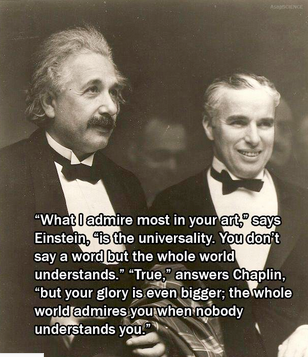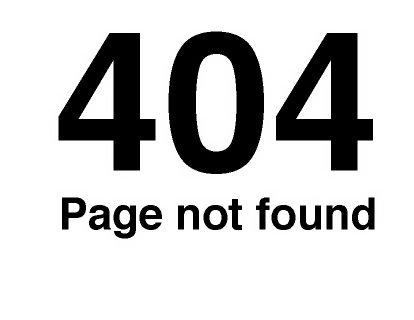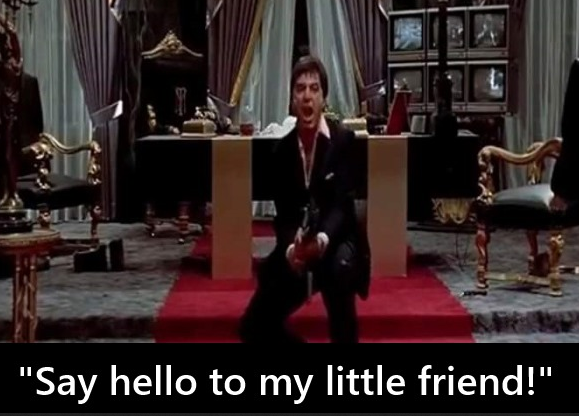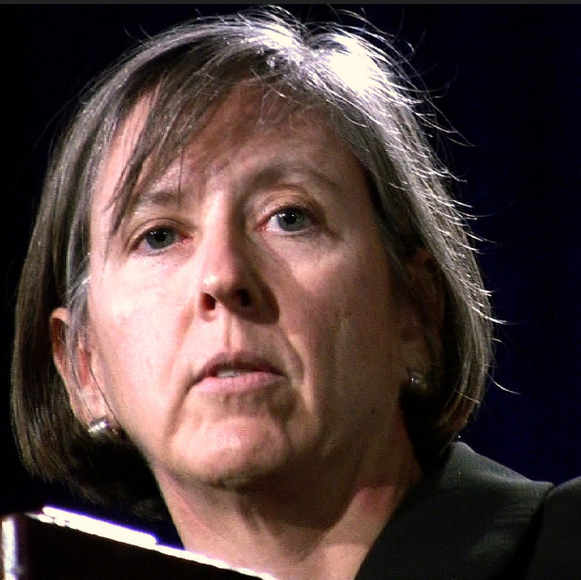Every year, Kleiner Perkins partner Mary Meeker gives us her look at the trends in technology. This year in 294 slides. Here are some of the points, along with follow on points that she might have conveniently neglected to mention. She is a Silicon Valley tech investor, after all:
The Gig Economy
The gig economy is growing fast, with nearly seven million people projected to be working in it in the US by the end of this year, up 26% from 2017, said Meeker. Seventy-one percent of US gig workers say they “always wanted to be their own boss,” according to a survey Intuit conducted in November 2017. As Quartz points out (People are joining the gig economy because of a powerful myth), it’s the algorithm that’s in charge, determining “where the driver will head next, who she’ll pick up, and how much she’ll be paid for that trip. In other words, many important features of the job are outside the driver’s control.” Read More...







